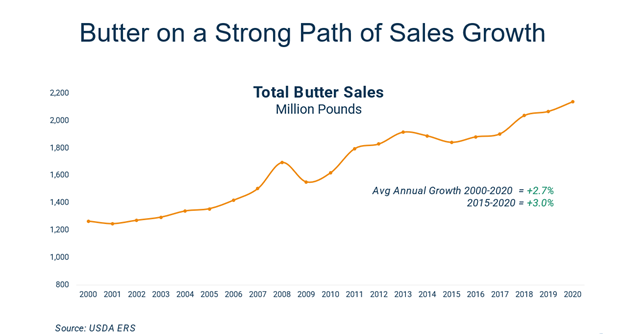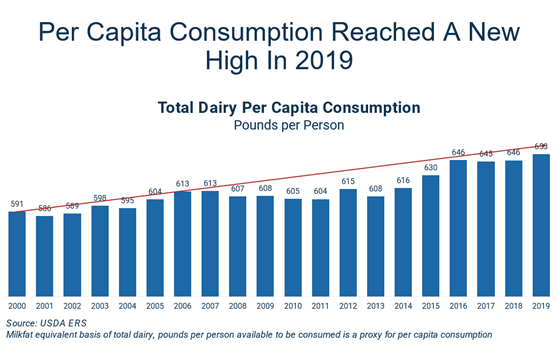The National Milk Producers Federation (NMPF) today announced the recipients of its 2021 National Dairy Leadership Scholarship awards. The awards, presented by the NMPF Board of Directors, support the next generation of dairy leaders and researchers and are open to qualified graduate students who are actively pursuing dairy-related fields of study.
“The value these students bring to the dairy industry can’t be overstated,” said Brian Hardy, Utah dairy farmer and Chair of the NMPF Scholarship Committee. “This scholarship helps them pursue research that brings scientific solutions to dairy farmers, the animals we care for, and the entire dairy supply chain.”
NMPF this year awarded scholarships to:
- Alycia Drwencke, a Ph.D. candidate in Animal Behavior at the University of California-Davis, whose research focuses on the welfare implications of caustic paste disbudding and pain mitigation for dairy calves. Prior to her Ph.D., Drwencke’s master’s program research focused on innovative detection and abatement of heat load in cattle.
- Paulo Menta, a Ph.D. candidate in Animal Science at Texas Tech University, whose research focuses on minimizing antimicrobial use in dairy cows with metritis, or inflammation of the uterus. Menta is a Doctor of Veterinary Medicine and came to the U.S. in 2018 to pursue a master’s degree, researching calcium and energy metabolism of early lactation dairy cows.
- Kelly Mitchell, a Ph.D. candidate in Nutrition at The Ohio State University studying the stimulation of microbial protein synthesis by branched volatile fatty acids. Mitchell said she realized her interest in fat metabolism during her master’s degree research on ketosis incidence in commercial herds at the University of California-Davis.
NMPF also sponsors student awards through the American Dairy Science Association (ADSA). The Richard M. Hoyt Award was created to recognize research efforts with direct application to the problems of the U.S. dairy industry.
This year’s winner, Achilles Vieira-Neto, was recognized at the ADSA Virtual Annual Meeting on July 11-14. His research focuses on the role of acid-base status in mineral metabolism and how vitamin D metabolites can be used during the transition period to improve mineral metabolism and health.
Lucas Rocha Rebelo and Hailey Galyon received first-place recognition as part of the NMPF Graduate Student Paper Presentation Contest in Dairy Production in the Ph.D. and M.S. divisions, respectively. Rebelo is a Ph.D. candidate studying dairy nutrition at Ohio State. Galyon is developing a bio-based polymer product to replace current agricultural single-use plastics.
Learn more about the NMPF scholarship program here. The 2022 application period will open in January 2022. For information about ADSA awards, visit its awards page here.







